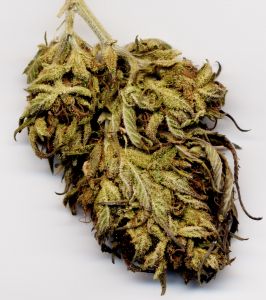It seems that for now, marijuana will remain a Schedule I narcotic, with no recognized medicinal purpose – at least in the eyes of the federal government.

Our California marijuana lawyers understand the U.S. Supreme Court has rejected a challenge from the San Francisco-based advocacy group Americans for Safe Access, which was lobbying to change the language in federal law that forbids the drug from being prescribed by doctors.
As of right now, and at least for the near future, the drug is classified by the U.S. Drug Enforcement Administration as a Schedule I. The government schedules drugs according to their addictive properties and the potential risk they pose to the public. Schedule I drugs are considered to be the most dangerous, and they are defined as having no currently accepted medicinal use and have a high potential for abuse and physical and/or psychological dependance. In addition to marijuana, other drugs classified as Schedule I include heroin, LSD, ecstasy and peyote. Drugs that are considered less dangerous, with a Schedule II rating, include cocaine, methamphetamine, oxycodone, Adderall and Dilaudid.
Continue reading

 Cannabis Law Group's Medical Marijuana Legal Blog
Cannabis Law Group's Medical Marijuana Legal Blog













